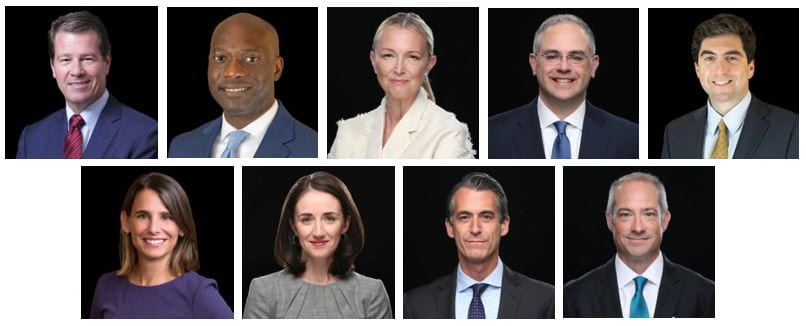by Martine M. Beamon, Robert A. Cohen, Joseph A. Hall, Gary Lynch, Neil H. MacBride, Stefani Johnson Myrick, Paul J. Nathanson, Annette L. Nazareth, Linda Chatman Thomsen, and Kenneth L. Wainstein
As markets react to the spread of the coronavirus (COVID-19), the SEC has expressed its intent to respond proactively to the impact the crisis has had on capital formation, secondary trading, and investors. Risks can become heightened during a market downturn, and we expect that the Enforcement Division will concentrate resources on certain types of investigations, including potential: (1) material misrepresentations and omissions about the impact of the coronavirus on public companies and investment products; (2) trading based on material nonpublic information about changes in the financial performance of public companies; (3) errors in the operation of trading platforms being stressed by high trading volume and volatility; (4) misuse of investor assets, and (5) frauds seeking to take advantage of investor anxiety. In the coming weeks and months, public companies should be vigilant regarding their disclosure practices and management of material, nonpublic information, and industry professionals similarly should be cautious when describing the impact of the pandemic on their investment services and products. Continue reading →



